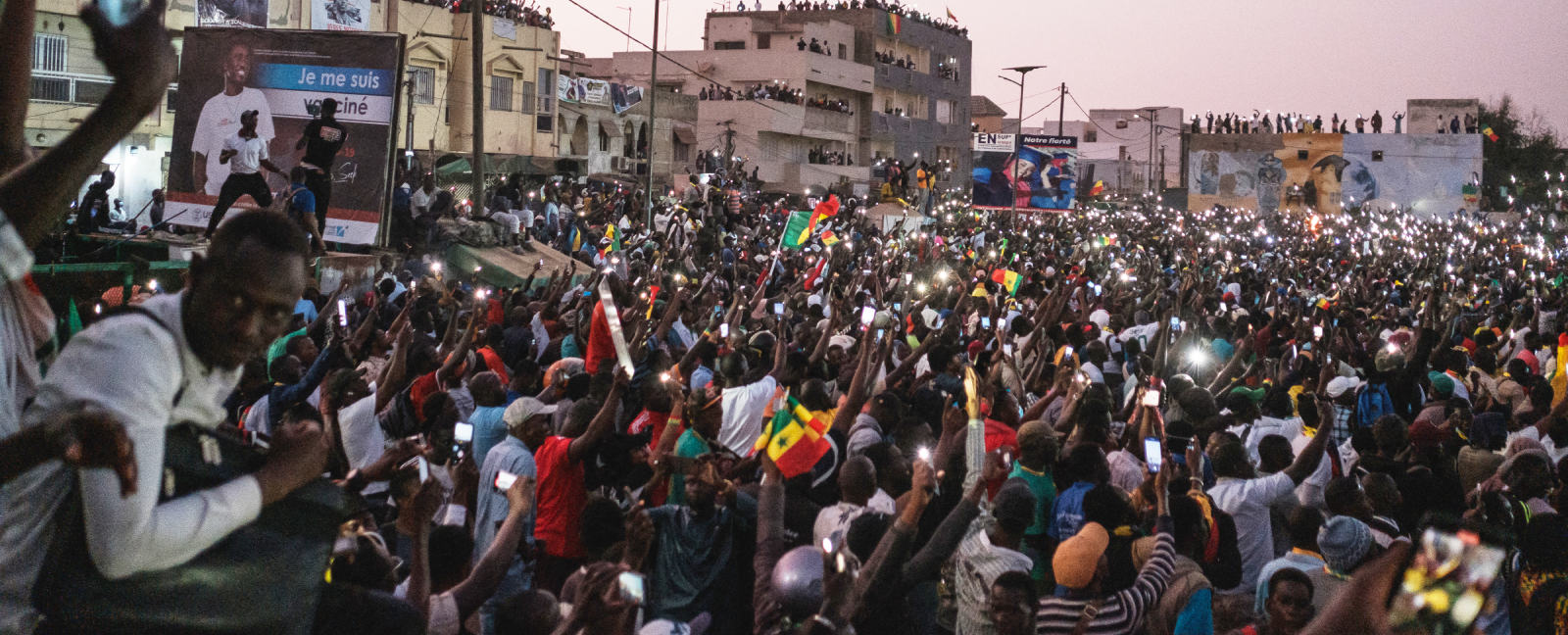
The West African press this Friday, 29 August 2025, revisited major economic, political, and cultural developments across the region, from Senegal’s rising public debt to Guinea’s updated electoral register, while also highlighting social initiatives and leadership transitions.
In Senegal, economist Abou Kane analyzed the latest IMF findings, which revealed a sharp increase in the debt-to-GDP ratio, rising from 74.4% in 2023 to 111%, and reaching 118.8% in 2024.
The IMF clarified that the increase stemmed from a “reporting error” rather than undisclosed debt, recommending structural reforms to strengthen budget management. Authorities in Dakar received praise for their transparency.
Meanwhile, Mali has launched the collective brand “Label Mali Sogo,” certified by the African Intellectual Property Organization (OAPI), to enhance the competitiveness of its livestock and meat sector, the country’s third-largest export industry after gold and cotton.
Livestock Minister Youba Ba pledged investments in slaughtering and processing facilities to address existing infrastructure gaps. Cultural news also resonated in Mali, with the release of renowned griots Binguini Bakhaga, Mariam Bah, and Babani Koné, celebrated by traditional music enthusiasts and families alike.
In Guinea, the biometric electoral register now counts 6.7 million voters, with women forming the majority, spread across 23,600 polling stations in preparation for the constitutional referendum and upcoming elections.
Ivory Coast is marking a leadership transition at the African Development Bank, with Mauritanian Sidi Ould Tah set to be sworn in as president on 1 September, succeeding Akinwumi Adesina after a decade-long tenure.
Elsewhere, Benin saw the dismissal of Kandi’s first deputy mayor and several district heads after they defected to the opposition, a move criticized by “Les Démocrates” as a demonstration of “two-speed democracy.” In Togo, the 20th anniversary of General Gnassingbé Eyadema’s passing coincides with planned citizen demonstrations, prompting contrasting interpretations of national unity and political messaging.
In Gambia, police issued warnings against unauthorized public commentary by serving officers, citing the need to maintain discipline, while in Nigeria, President Bola Tinubu approved lifetime salary benefits for retired senior officers as part of broader Ministry of Interior reforms emphasizing training and mental health.
Collectively, these developments underscore the complex interplay of economic pressures, governance reforms, and cultural milestones shaping West Africa’s political and social landscape.



